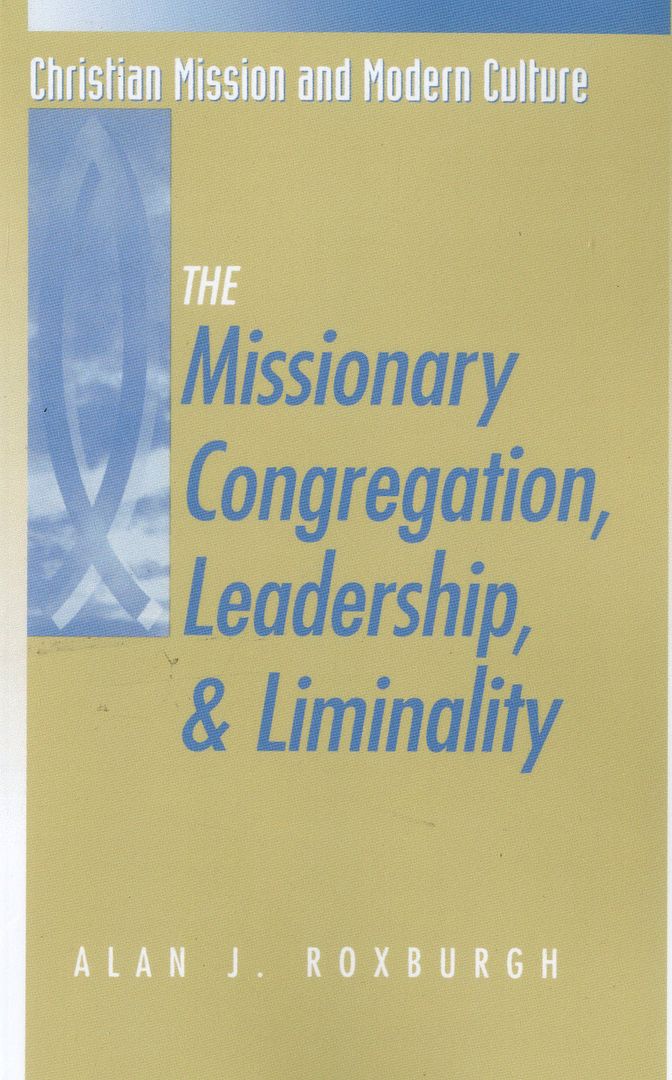Ch. 1b, Marginalization, Modernity and Loss of Center (pp. 12-22)
 Chapter 1b almost totally has blown some of my old answers and assumptions sky-high! Jeremiah's charge to "seek the welfare…" long has been a favorite for me in terms of my own propensity to feel unsettled by change and uncertainty, my own frequent longings for the glories (indeterminate and specious comforts?) of Egypts past and most of all in my need to engage the people I'm currently serving in exploring visions of an open future rather than reverting to a desiccated past.
Chapter 1b almost totally has blown some of my old answers and assumptions sky-high! Jeremiah's charge to "seek the welfare…" long has been a favorite for me in terms of my own propensity to feel unsettled by change and uncertainty, my own frequent longings for the glories (indeterminate and specious comforts?) of Egypts past and most of all in my need to engage the people I'm currently serving in exploring visions of an open future rather than reverting to a desiccated past. Pastor Roxburgh begins this section with, "The church's lived experience is marginalization," but then he says center-margin language is obsolete and also cites the contemporary Spirituality Smorgasbord. And then he says a possible center-periphery relationship may exist between urban and non-urban, though he claims that [urban] center itself has no margins. This is fascinating and highly thought-provoking! :) and brings us back to the tendency to equate modernization with urbanization. Remembering Max Weber and "rationalization," too. Once again, the "new social location" where the churches find themselves and maybe can be found; I assume he'll be saying more about that and helping us to learn about it.
The symbol of "pastor!" Those old-timer church folks for whom the person they address simply as "Pastor" actually is a completely interchangeable anonymous entity and, truth to tell, is a "symbol!" rather than a real person.
Oh, yes…even baptized into "one's own kind," (Catholic, Lutheran, Presbyterian, whatever) rather than into a wholly inclusive eucharistic commonality with no barriers to fully belonging. "Privatized and personalized" keeps surfacing! :(
On page 20 Pastor Roxburgh mentions "growth, marketing and entrepreneurial leadership" models. That passage brought back vivid memories of the senior pastor I served with in the inner city reproving me often and telling me time after time I could not "afford" to spend so much time with people who wouldn't become part of our parochial report: he'd forever remind me "Cleveland looks for numbers." :( His words annoyed me mightily, but since my call (=livelihood, what I imagined was my very physical existence) was externally funded (I could trace back most of the $$$ I got to Cleveland as their origin), I'd heed his words for at least a few days, until the next incident. In addition, the senior pastor I was serving with informed me more than once :( "The Church must emulate business, [and business does the following...]" :(

No comments:
Post a Comment
thanks for visiting—peace and hope to all of us!